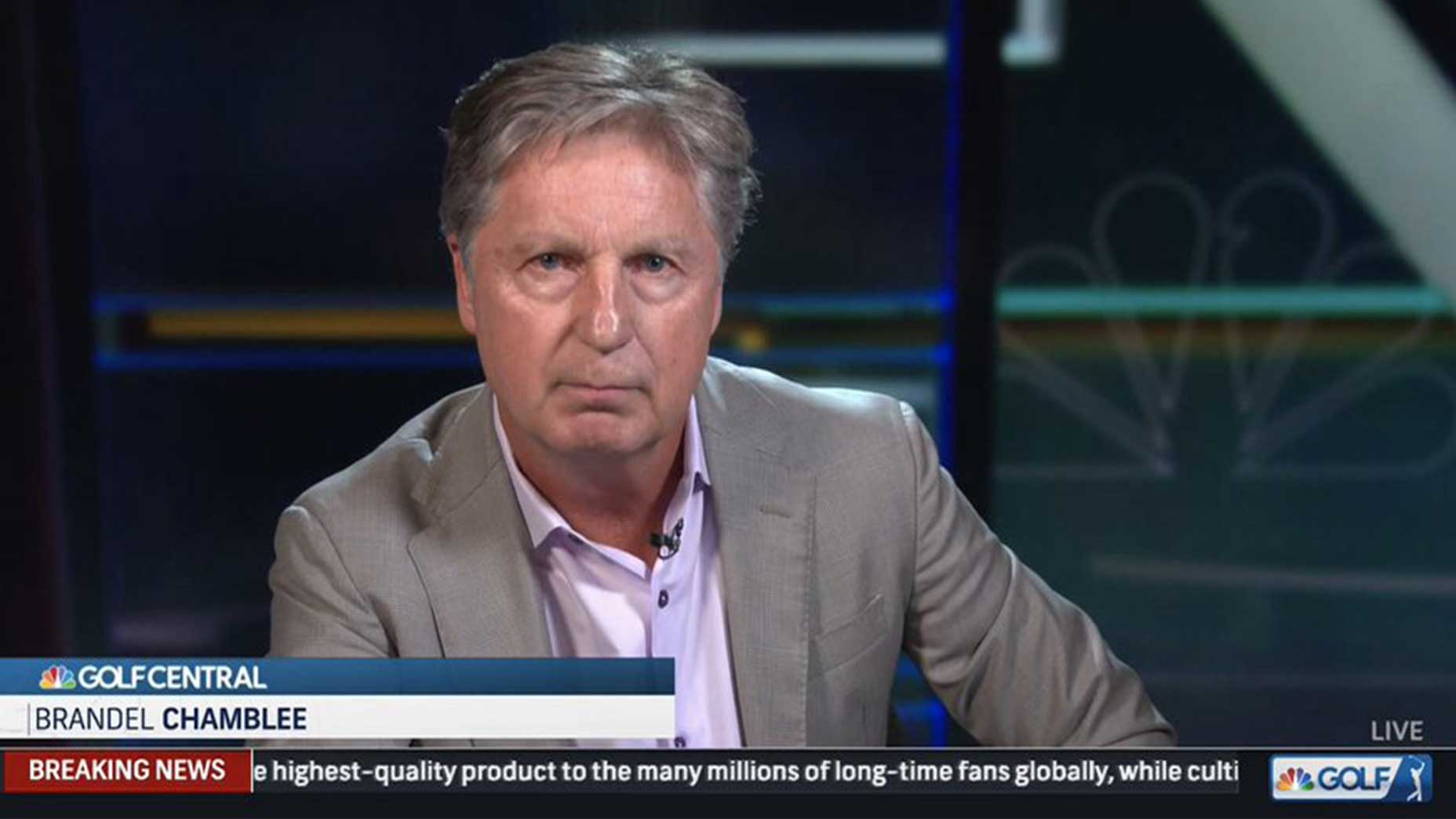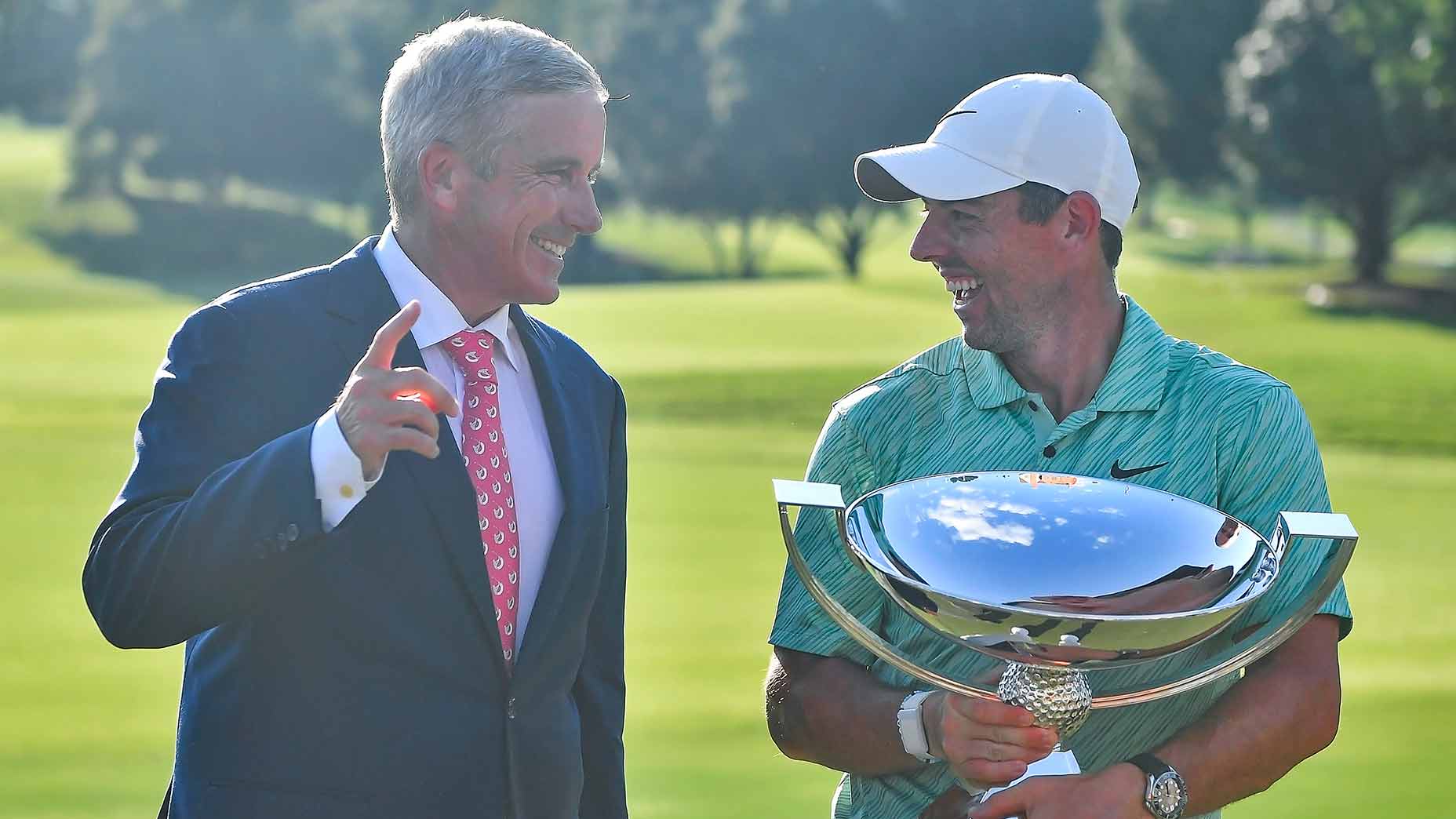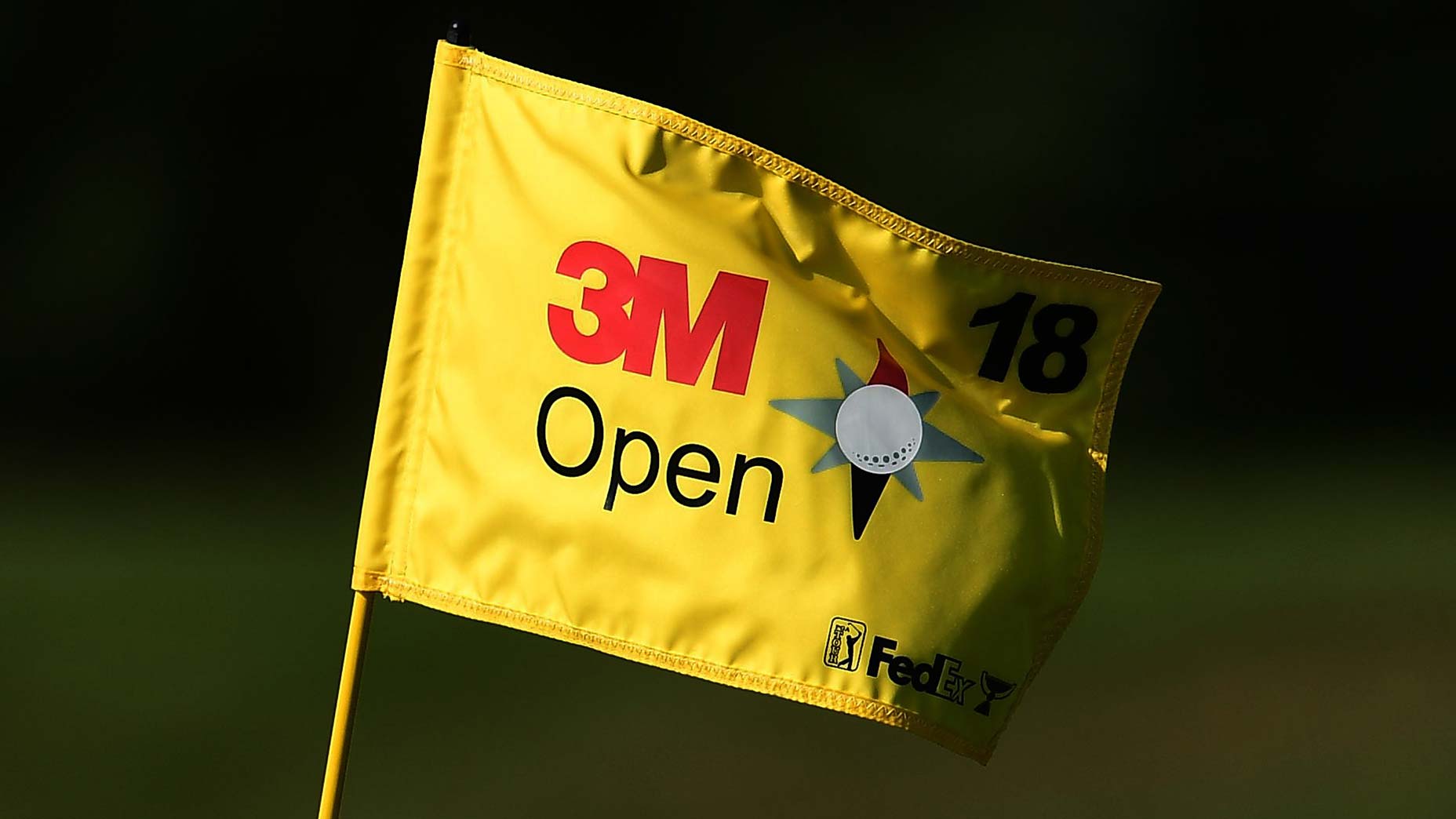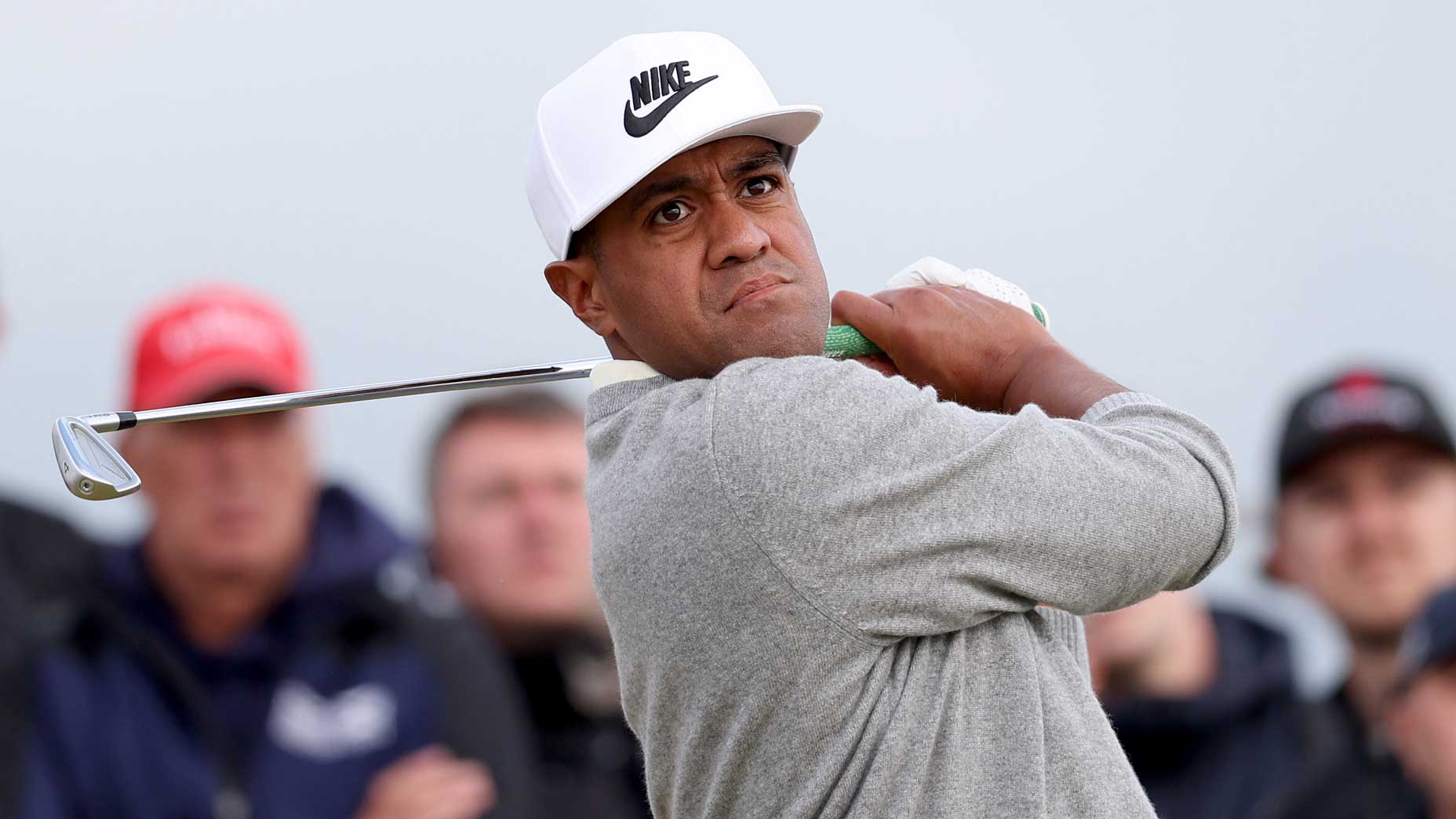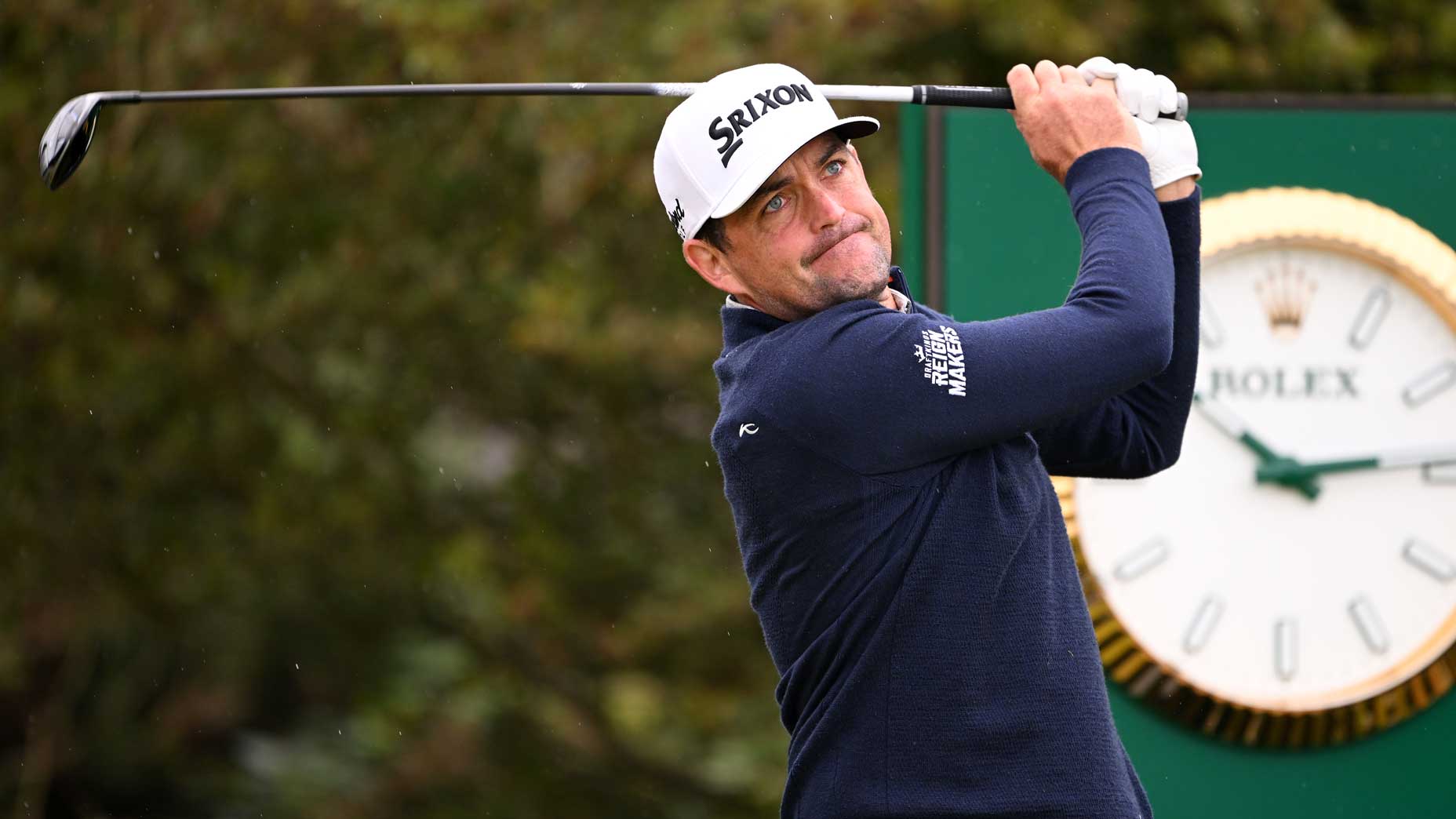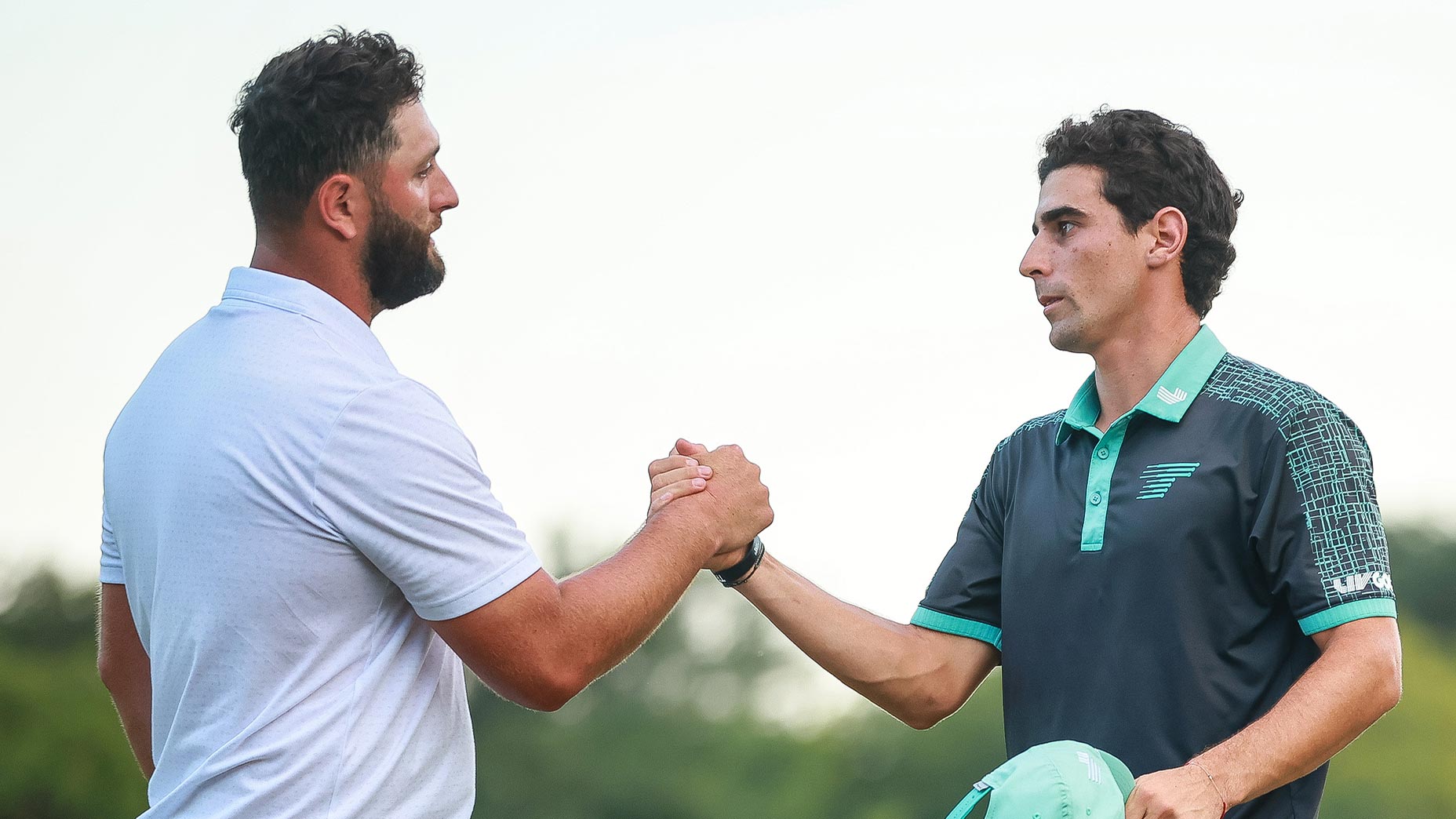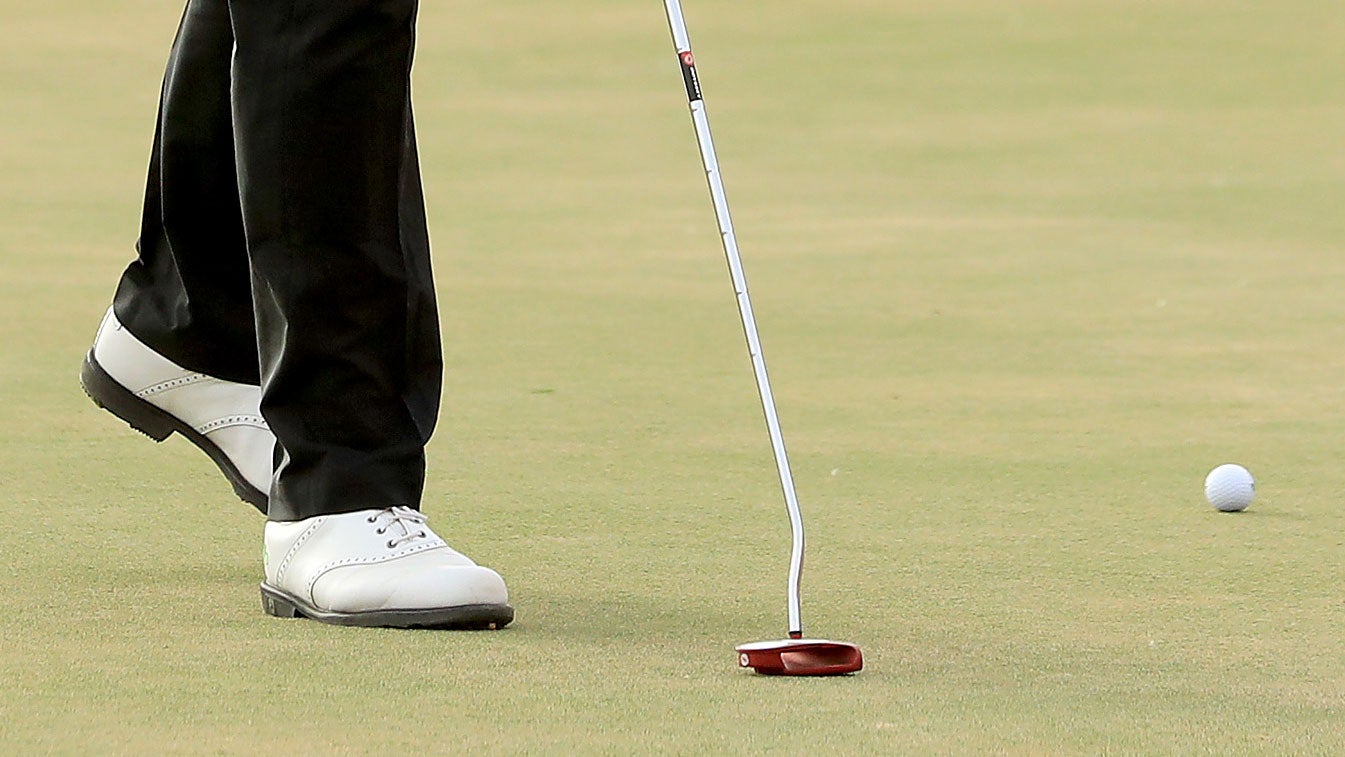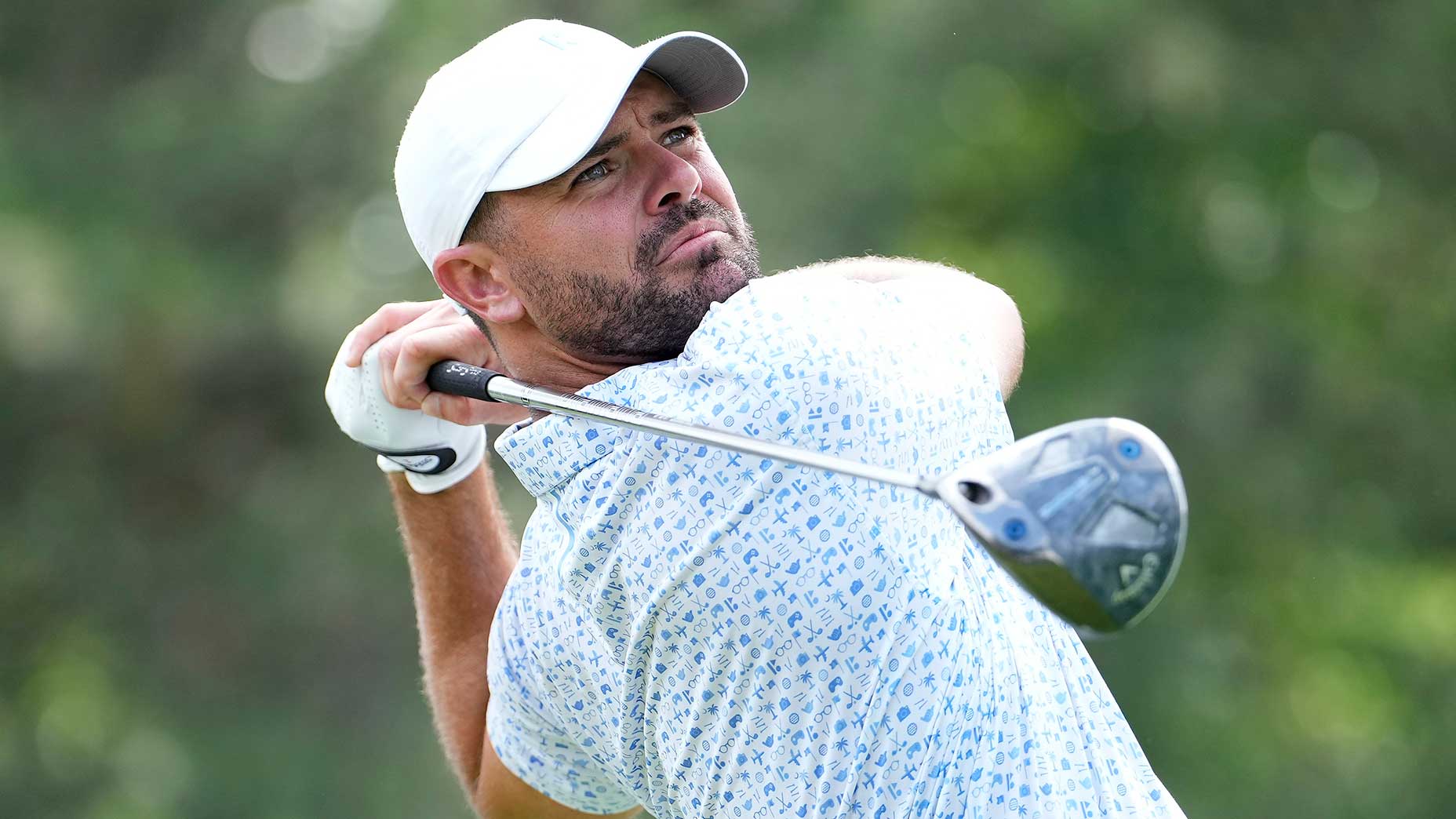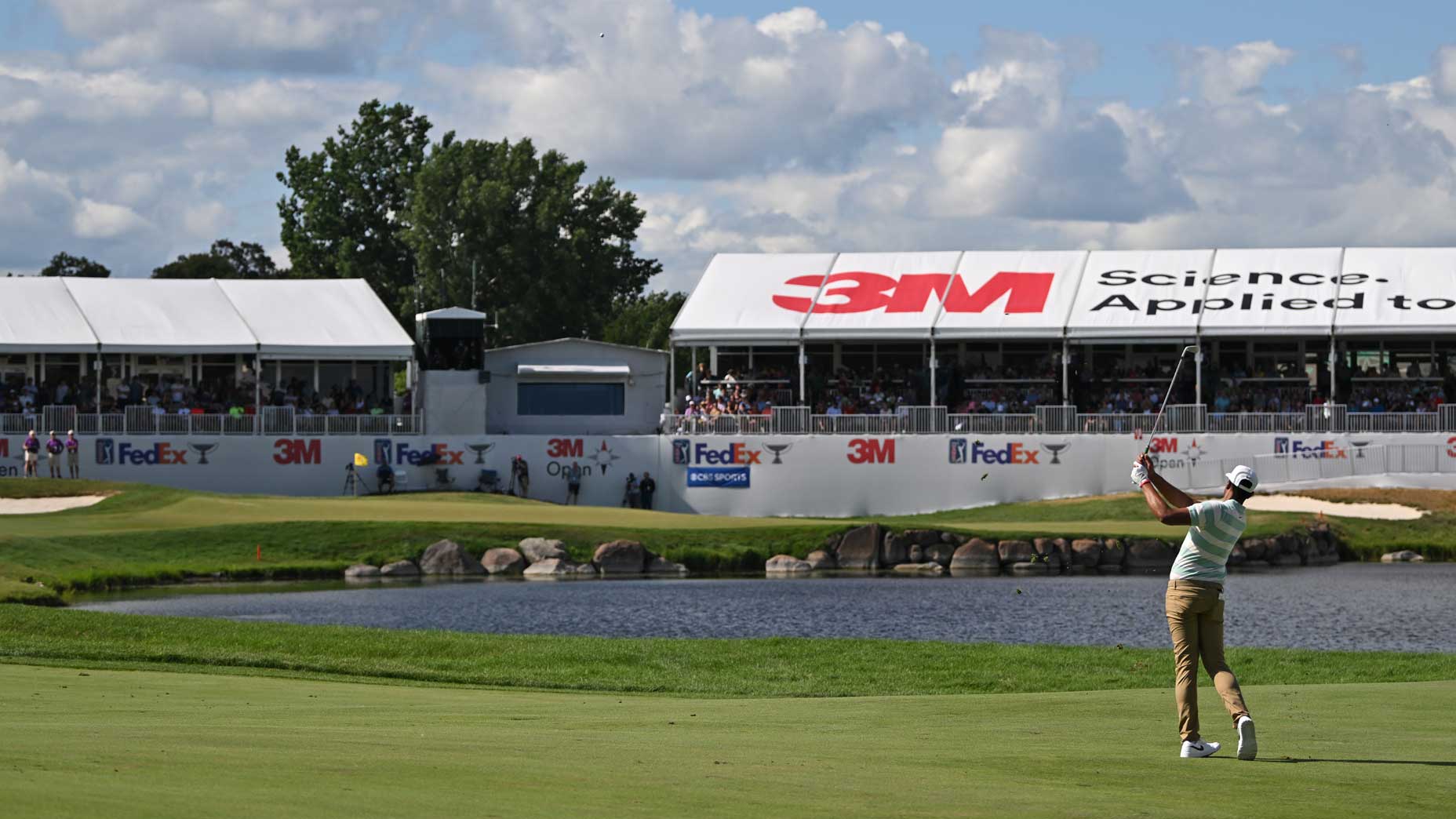Can the PGA Tour and LIV legally merge? It’s no sure thing, experts say
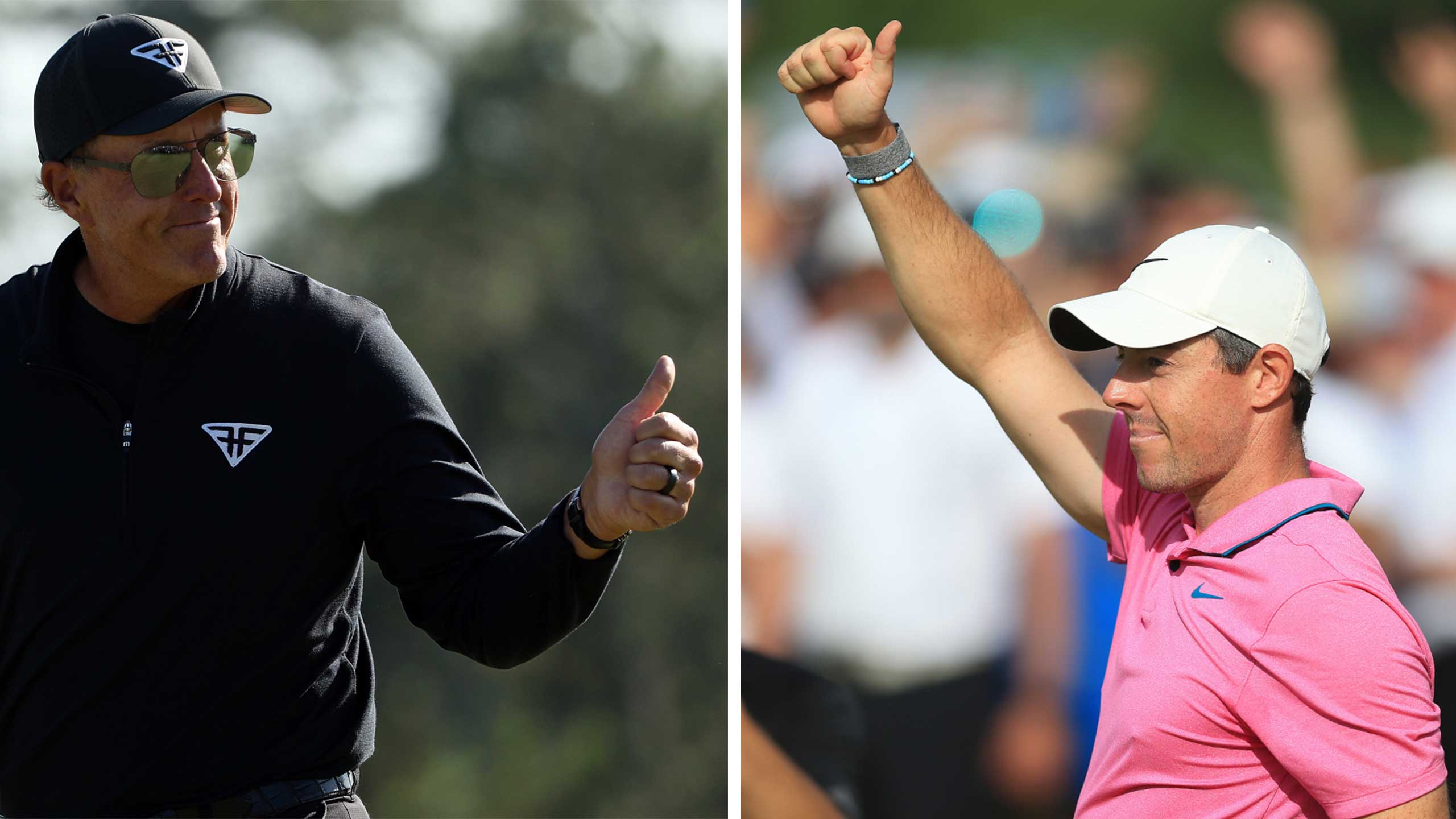
Phil Mickelson and Rory McIlroy might soon be playing alongside one another more frequently again.
getty images
Just because the warring parties have come to an accord doesn’t mean they get to ally themselves in battle.
With Tuesday’s stunning news from Ponte Vedra, golf fans learned that the PGA Tour and LIV Golf, once fierce combatants in a multi-billion dollar fight over the men’s professional game, have signed a peace agreement and plan to partner, merging their respective organizations, along with the DP World Tour, into a global circuit.
That, anyway, is what the former rivals want.
But it doesn’t guarantee that’s what they’ll get.
Government regulators will want to have a look, according to Craig Seebald, a partner and antitrust specialist with Vinson & Elkins, an international law firm.
“This merger is going to come under scrutiny,” Seebald says. “It is far from a done deal.”
Once the details of the agreement have been finalized, which is expected to happen in the coming weeks, the deal will still have to get past federal regulators, who have the power to block it. The PGA Tour is already under a Department of Justice probe for potentially anticompetitive practices. The DOJ, Seebald said, could easily expand that investigation to include the LIV deal, or launch a separate inquiry into it.
Either way, Seebald says, the blockbuster golf merger is so eyebrow-raising, there’s no chance the feds will simply sit on their hands.
MORE PGA TOUR-LIV MERGER COVERAGE: Player reaction | 21 burning questions & answers | 10 shocking revelations | How the merger came to be | Brandel Chamblee sounds off | Rory, Tiger left in the dark | PGA Tour-LIV Golf timeline | Jay Monahan defends decision
“Imagine if Coke and Pepsi said, Gee, we don’t like competing against each other, so we’re going to create a joint venture. We’ll form a board. Will get the Saudis to invest a bunch of money. And people who like Coke can have Coke, and people who like Pepsi can have Pepsi,” Seebald says. “There’s no way that would happen.”
Because the deal also involves the DP World Tour, European regulators will be watching closely, too.
“If you think this sort of thing only happens in the United States, just ask Microsoft,” Seebald says, referring to the recent decision by British regulators to block the software giant’s acquisition of a gaming company.
In this country, the history of professional sports has been marked by major mergers. It happened in football, in the 1960s, when the AFL joined forces with the NFL. And again, a decade later, in basketball, when the NBA and the ABA tied the knot. But those mergers occurred in a different era, Seebald says, when regulators were less inclined to look at pro sports as big business. Times have changed. There’s no ignoring the huge financial stakes in sports today.
Another difference is that those other mergers involved struggling upstarts, and in antitrust law, Seebald says, there is a doctrine known as the “failing firm defense,” which grants leeway to mergers between larger entities and small ones that stand slim chance of survival anyway.
“The thinking is, ‘If this business or this league is already going under in another year or two, what’s the harm in allowing the deal to go through,’” Seebald says. “You get to keep the team in Buffalo, or wherever. It’s good for politicians. It’s good for people.”
LIV, of course, is not a bootstrapping operation. No merger involving such powerful parties is likely to get a “failing firm” pass.
“It’s not only a different era,” Seebald says. “It’s a different situation, too.”
For regulators, financial muscle is relevant, too, in the way it changes markets. At the height of the golf war, fat contracts dolled out by LIV prompted the Tour to respond with huge purse increases of its own. It was a real-world example of competition leading to increased compensation. Economists like to look at real-world examples. Regulators like to look at them, too, says Joshua Davis, a research professor and antitrust expert at UC Law, San Francisco. Among the questions the feds are sure to consider is whether a merger of all the major players in the men’s pro game constitutes an unfair squeeze on the market — one that stands to benefit the tours at the expense of everyone else.
“It’s one of the basic assumptions of antitrust,” Davis says. “Competition good. Collusion bad.”
Yet another feature of great financial muscle is that it confers lobbying power. And when faced with antitrust investigations, the Tour has exerted that influence before. This was in the early 1990s, when, following a four-year investigation, attorneys for the Federal Trade Commission determined that two Tour policies (one of which required players to get permission from the commissioner to compete in non-Tour events) violated antitrust laws and recommended government action. That no action was ever taken owed partly to a multimillion-dollar lobbying campaign by the Tour, which exerted enough pressure by political proxy that the FTC’s commissioners wound up backing down, despite the findings of their staff.
That, too, though, was a different era, with a different political climate. Today, Davis says, regulators have become more vigorous in antitrust enforcement.
“There is no doubt that (regulators) will be looking closely at this,” Davis says. “What, if anything, they’ll do about it? That’s impossible to say.”

